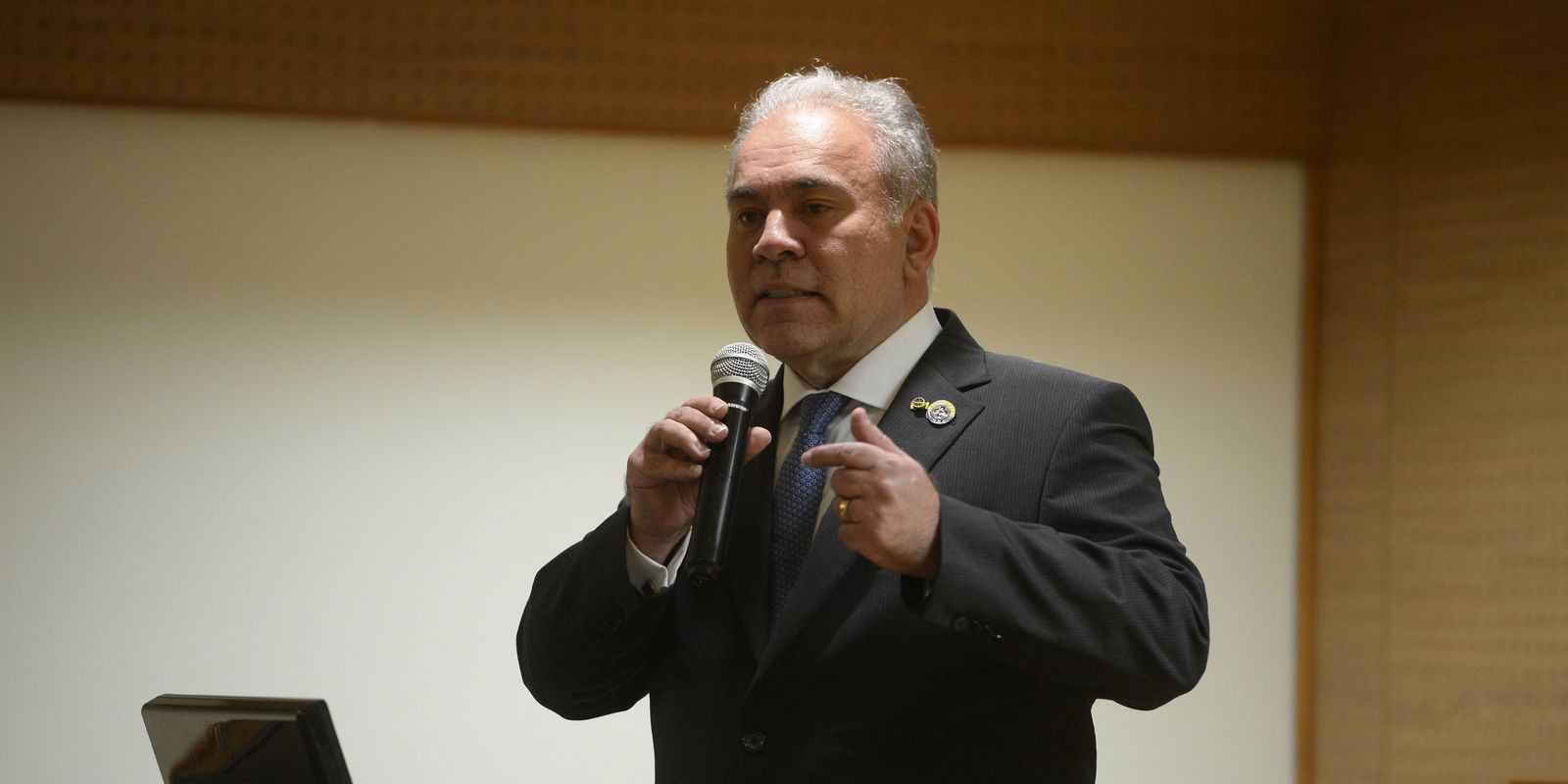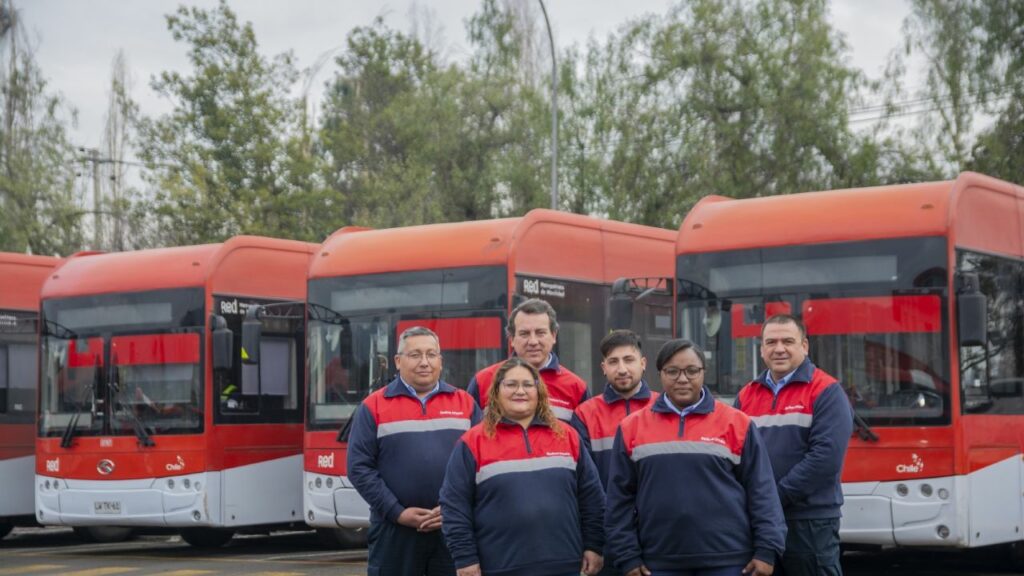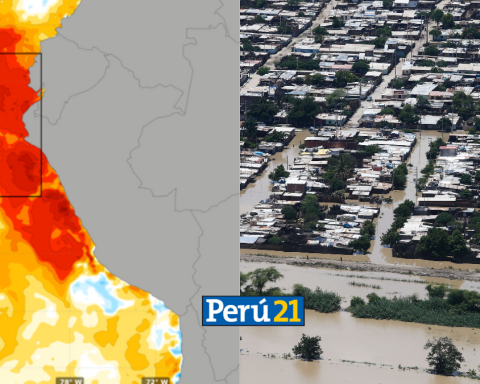The Minister of Health, Marcelo Queiroga, defended today (11) changes in the remuneration model within the scope of the Unified Health System (SUS). He classified the table of procedures with fixed values as “unreasonable”, especially in specialized care.
In his view, public health must undergo structural reforms in the next period, which includes the adoption of a remuneration model guided by indicators and goals. “We have to monitor results and reward value”, he evaluated.
Asked if the SUS table should be eliminated, he replied that “it is not a question of overthrowing” and that it “is just a reference”. “For example, reduced mortality from heart attacks. If you don’t give me that, you’ll get less,” he said.
He stated that, without sustainable remuneration models, the alternative would be to demand new tax efforts from Brazilian society and cited the Provisional Contribution on Financial Transactions (CPMF), created to finance public health and charged on all banking transactions until 2007. “The what we want is the opposite. It is to reduce the tax burden”.
Queiroga also questioned the participation of federal entities in the financing of public health. “The SUS table is just a reference for the federal component of payment for production. The Ministry of Health takes care of federal resources. States have to allocate 12% of their resources and municipalities 15% for health financing. That is the question : do they allocate? If they are allocated, where do we see it? Because the federal money you see in the National Health Fund: R$32 billion in state and municipal accounts”, he said.
Industry
In his speech, Queiroga also stated that it is necessary to develop the private industry in the health sector in Brazil. He urged companies to take a greater role, going beyond public-private partnerships and the demand for public funds. “Don’t you want more private sector participation? So let’s take risks together,” he said.
According to the minister, the country lacks an economic and industrial health complex. “It should have been done in the past, but it was not prioritized. For example, Brazil has a stents. And it’s to serve the public system, because in the private sector they want to look for it in the United States,” he said.
For Queiroga, while ensuring the right to health, the SUS generates economic opportunities. He cites, for example, the purchase of drugs at attractive prices for the industry. “We want an industrial complex that generates employment, generates income, generates taxes and generates innovation. And that is capable of providing the answers that the country needs, guaranteeing competition. Without competition, the price does not fall. And we do not want to hold the price with control of prices”.
The minister also said that Brazil needs to bet more on technology transfer, like the wake up which enabled the production of the vaccine against covid-19 by the Oswaldo Cruz Foundation (Fiocruz). “But it’s not just for Brazil to make medicine. We have excellent universities. Why don’t we invest in basic research?”















